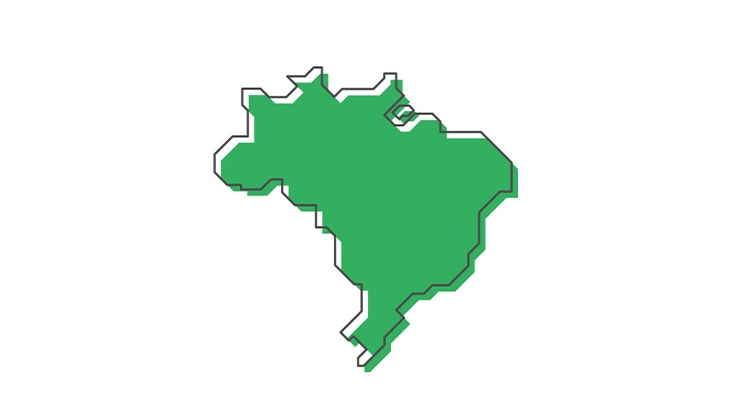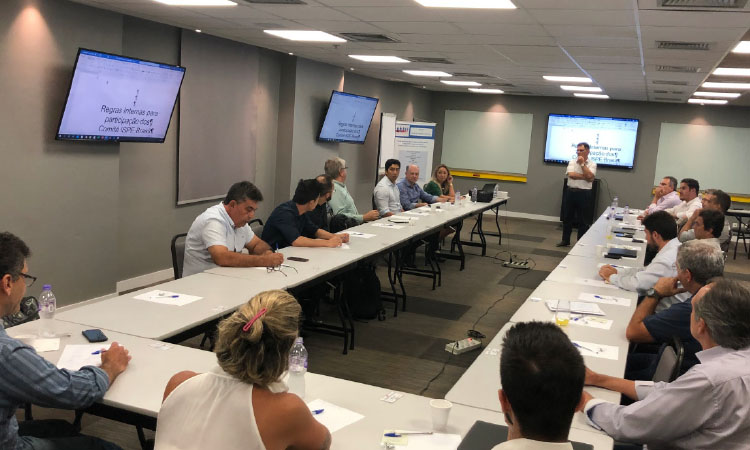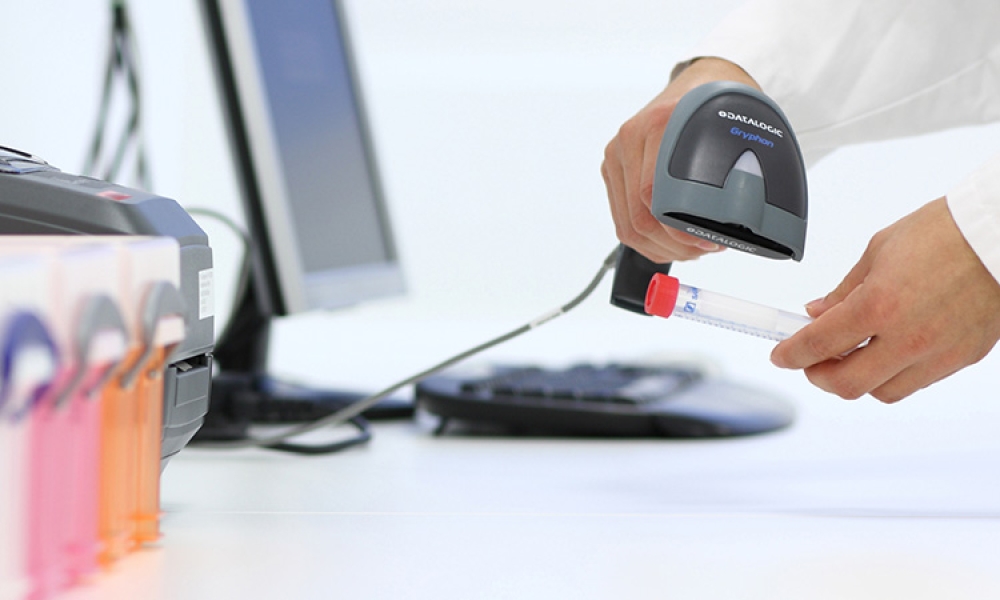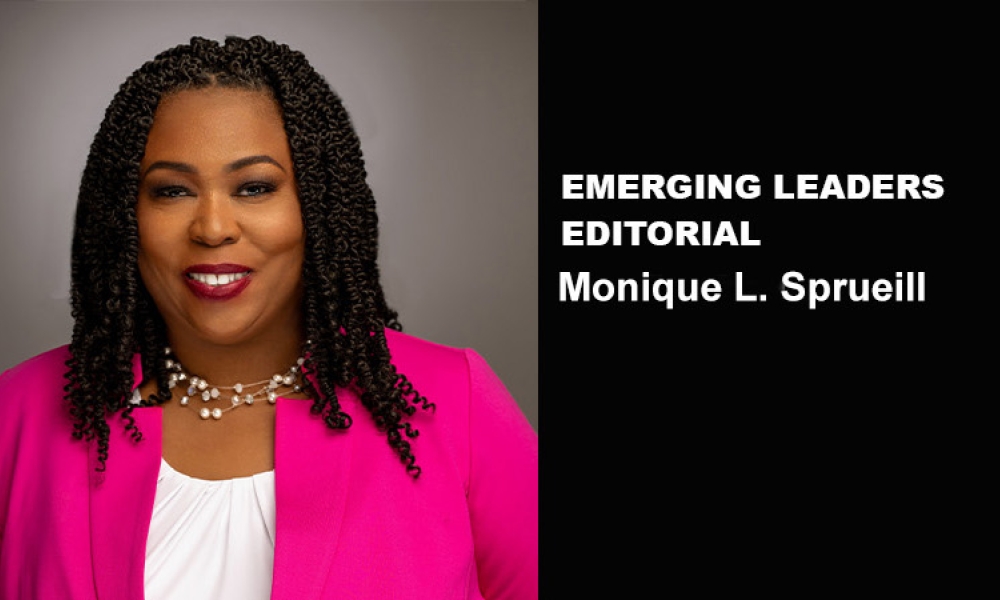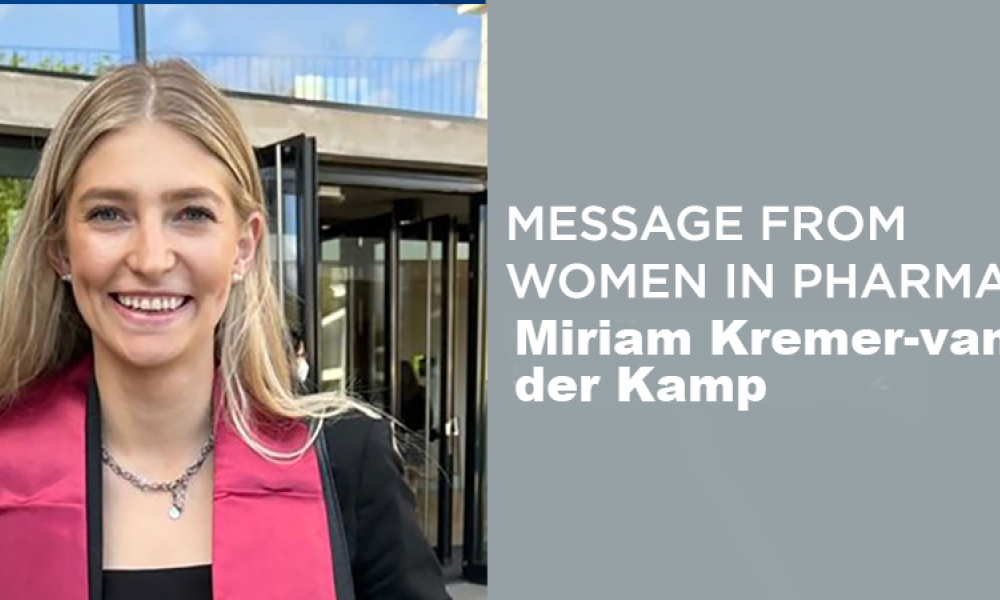Founded in 1999, the ISPE Brazil Affiliate is based in the country’s largest city, São Paulo, which is also home to a cluster of pharmaceutical companies. In the last year, the Affiliate has seen its membership increase by over 38% to 163 members, including representatives from other sectors of the life sciences such as veterinary sciences, cosmetics, and medical devices. “Our creation of the CoPs has helped us gain more volunteers and associates here in Brazil,” Giampietro said.
As the membership has grown, the Affiliate has expanded the number of events it hosts. In 2019, the Affiliate held 42 events—four more than in 2018, with an impressive 38% increase in event attendance. Almost all the events were held in or near São Paulo, and all were on technical subjects, said Giampietro.
Strengthening International Relationships
Giampietro hopes to improve the Brazil Affiliate’s relationships with other ISPE Chapters and Affiliates around the world. “ISPE’s global network has been very helpful for us,” he said. “The relationship between the Brazil Affiliate and ISPE’s global headquarters is very good, very strong. But we want to strengthen the relationships linking our local committees with global Communities of Practices, such as those focused on GAMP®. This is very important, but it’s a current weak point.”
The Brazil Affiliate also plans to reach out more to other ISPE Affiliates in the region, particularly Argentina and Mexico. “The ISPE Mexico Affiliate is new, and we’d like to work with them and Argentina on regulatory initiatives within Latin America.” In addition, the Affiliate intends to increase its role within the North America and South America Affiliates and Chapters (NASAC) group.
Conclusion
As he looks forward, Giampietro, who has been an ISPE member since 2006 and is entering the second year of his two-year Affiliate presidency, is excited by the Brazil Affiliate’s positive relationship with ANVISA. “The new ANVISA regulatory movements are very important, and ISPE Brazil will be there to help them whenever they need it.”
He emphasized that the Affiliate’s future success will depend on the commitment of its members. “Our main challenge is for people to find the time to volunteer in ISPE initiatives,” he said. “Some companies allow people to attend ISPE events during business hours, but it takes volunteers time to develop these initiatives—and that has an impact on their private lives. We have the people who will help, but it’s difficult to attend meetings, answer emails, and prepare articles or presentations. To prepare a good one-hour presentation, you may need 20 hours or more.” Recent expansion in the Affiliate suggests that pharma professionals in Brazil are up to this challenge.
Quick Facts about the Brazil Affiliate
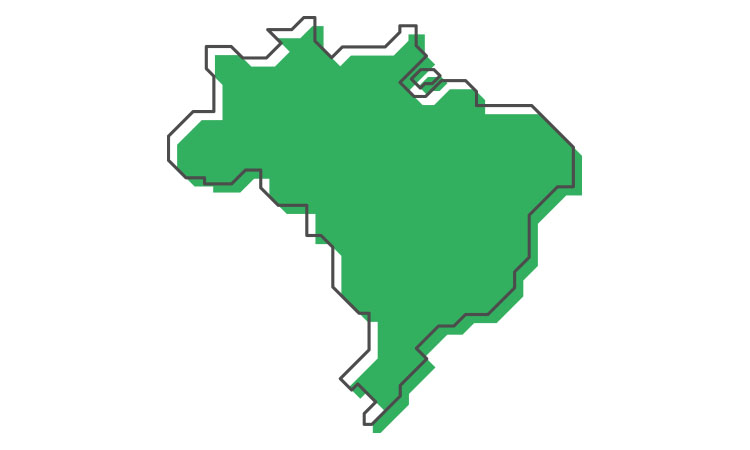
Founded: 1999
Region: South America
Membership: 163
Executive Board
- President: Mario Brenga Giampietro, Nordika Consulting
- Vice President: Ricardo Vicente Miranda, RM Consulting
- Secretary: André Keity Goto, Astrazeneca do Brasil
- Treasurer: Ana Marie Kaneto, AM KanetoTecnologia em Treinamento
- Fiscal Council: Alfonso José Izarra Molina, e-Conformidade Premium; Newton Ferrerez Bastos, Presys Instruments; Rodrigo Alvarez, Siemens
- Advisory Board: Amanda Sylvan Neves, Zantz; Cristiano Behringer Ferrari, Nordika Consulting; Flavio Kawakami, Doctor Bit Consulting; Ivan An-tonio Canever, Inca Consultoria; João Carlos Corrêa da Silva, Ergo Engenharia; Júlio Cesar Bracale de Melo, QQV Consultoria; Liana Montemor, Polar Técnica; Luciano André Tavares, Fluor Corporation; Marcele Guidastre, Datalynx Brasil; Marcos Antonio Vargas Pereira, Térmica Brasil
Committee Leaders
- Project Management: Flavio Lisboa, Nordika Consulting
- Good Engineering Practices: Flavio Lisboa, Nordika Consulting
- Sterile Processes: Renato Rahal, ABH
- Containment: Fabiana Bonvini, IMA Brasil
- Sustainability: Silmas Pareico, Nordika Consulting
- HVAC: João Carlos Corrêa da Silva, Ergo Engenharia
- GAMP®: Cristiano Behringer Ferrari, Nordika Consulting
- Risk Mapp: Marcos Pereira, Janssen Cilag
- Cold Chain: Ricardo Vincente Miranda, RM Consulting
- Commissioning & Qualification: Ana Marie Kaneto, AM Kaneto—Tecnologia em Treinamento
- Serialization (track and trace): Paulo Machado, Markem-Imaje
- Calibration: Ivan Canever, Inca Consultoria
- Medical Device and Application Validation: Leader to be determined (TBD)
- Critical Utilities: Marcio Zanatta, Telstar/Azbil
- Pharma 4.0™: Cristiano Behringer Ferrari, Nordika Consulting
- Women in Pharma®: Liana Montemor, Polar Técnica
- Supply Chain and Logistics: Carlos Eduardo Corrêa Coimbra, CEC Consulting
- Regulatory: Kátia Anunciata dos Santos, Consultora
- Biotechnology: Leader TBD
- Quality Control: Leader TBD
- Smart Supply Chain: Leader TBD
- Marketing: Leader TBD
- OSD: Leader TBD
- API: Leader TBD
